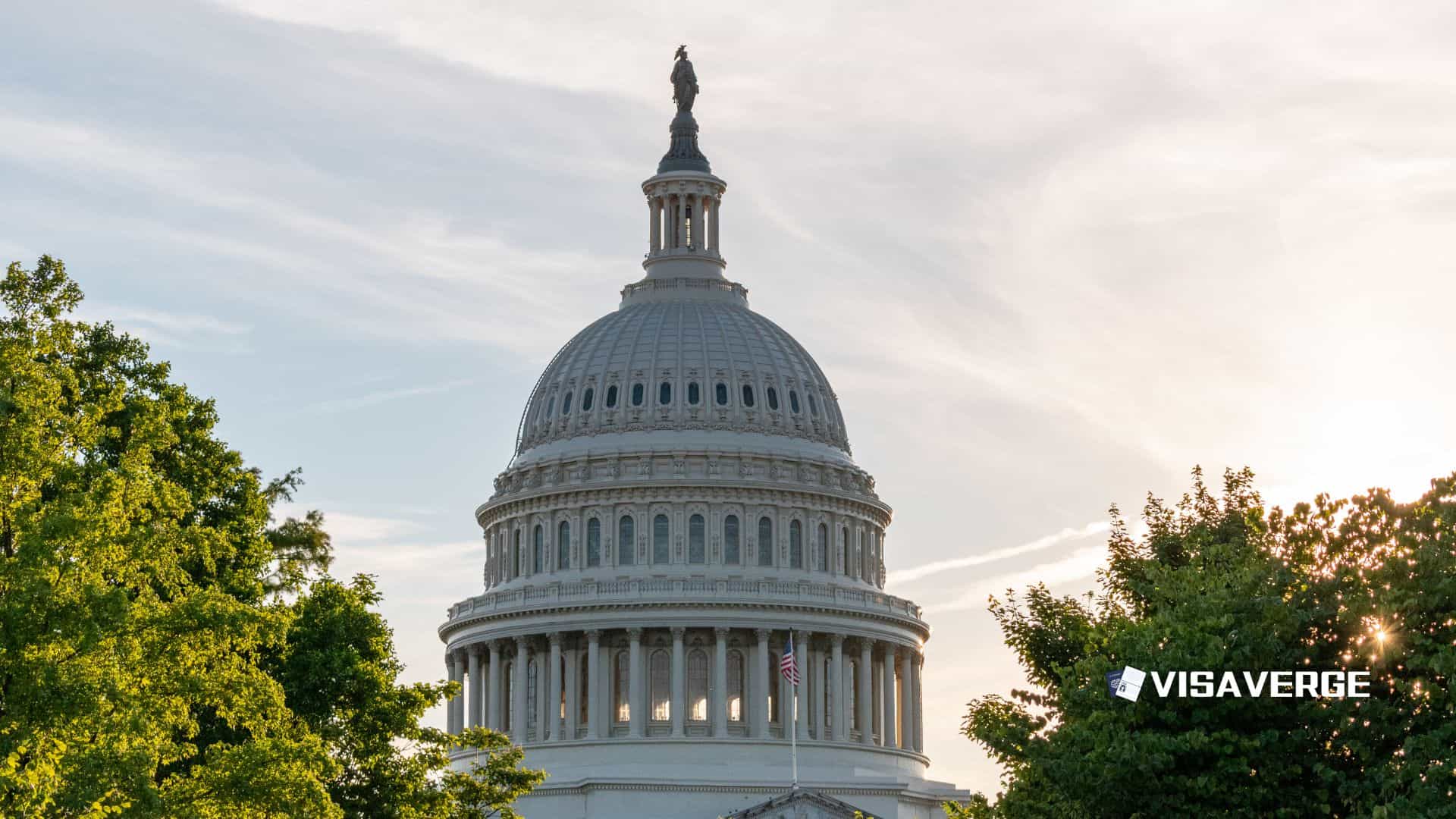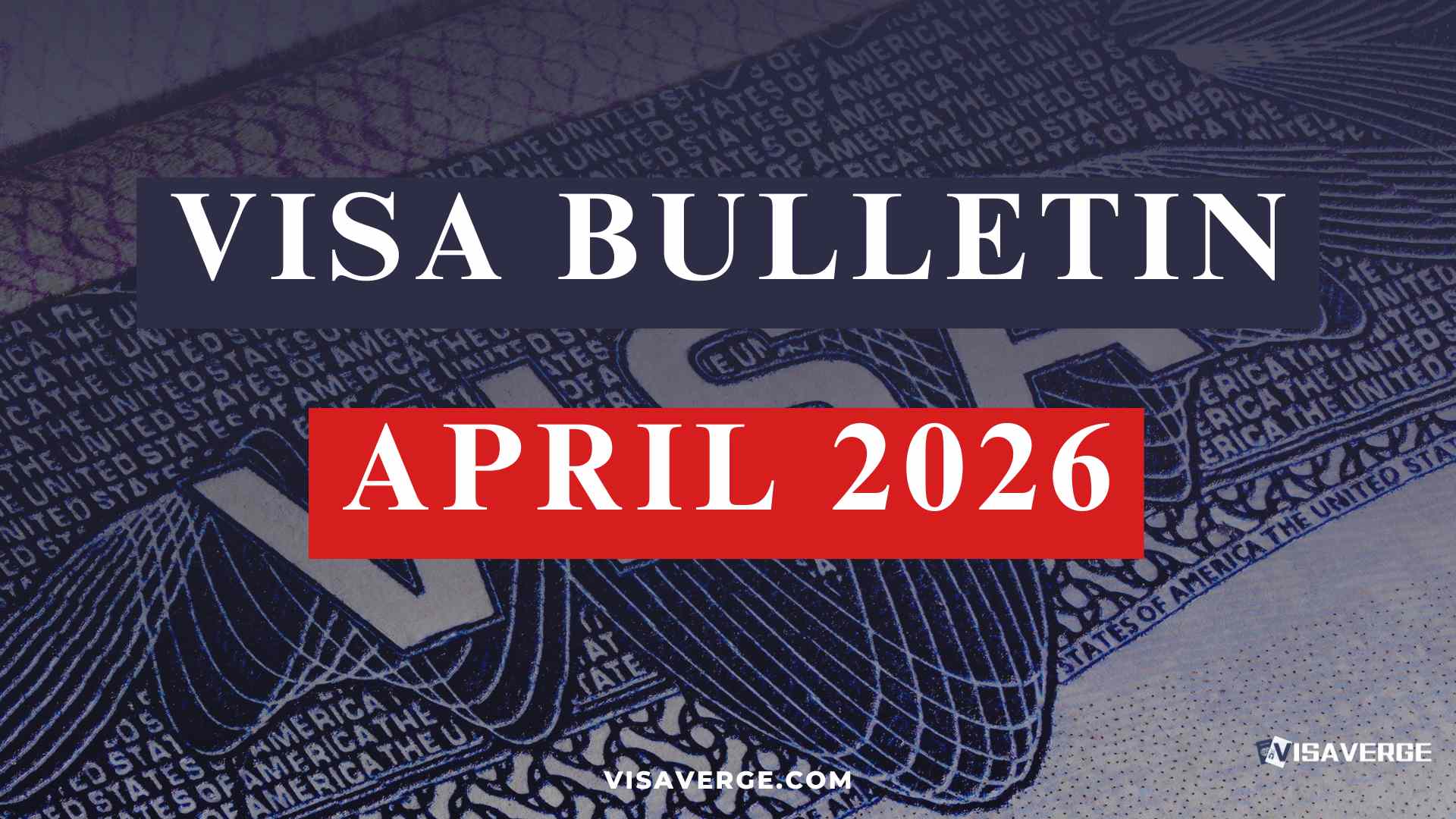(JERSEY CITY) James Solomon has not unveiled a new, detailed policy package to protect and support immigrant communities in Jersey City as of September 16, 2025. While the Ward E councilman and 2025 mayoral candidate remains a steady critic of federal immigration enforcement tactics he views as overreach, there is no verifiable evidence—on official city channels or in major local press—of a fresh, comprehensive rollout this year.
The city’s approach continues to rely on existing sanctuary practices and community-based services rather than a recently announced Solomon-led initiative.

Solomon’s recent messaging and what’s missing
Solomon’s public remarks in recent months have emphasized:
- Keeping families safe
- Holding firm against pressure from Washington
- Defending local values amid shifting federal priorities
Those messages, aimed at a city where more than half of residents were born abroad or have immigrant roots, echo his long-standing positions. But they stop short of outlining a new ordinance, executive action, or city-funded program. There is also no record of City Council votes tied to such a plan in 2025.
Political stakes and the current policy landscape
With the November mayoral race approaching, candidates are sharpening contrasts on housing, racial justice, and city services. Immigration remains a defining theme.
The current policy landscape is steady:
- Jersey City continues to limit local cooperation with federal immigration enforcement in most cases.
- Community groups run legal clinics and resettlement aid.
- State-run programs provide benefits to eligible migrants and refugees.
That status quo persists absent any new policy blueprint from James Solomon this year.
Predictability matters to local advocates. Families want to know whether a traffic stop could trigger an ICE handoff, if a school enrollment could risk exposure, or whether a courthouse appearance could lead to detention.
Under existing local practice, cooperation with federal enforcement is limited except when serious crimes are involved. That practical posture, shaped over years, still defines daily life on the ground.
Political context and past positions
Solomon’s record includes sharp criticism of federal actions during the Trump years, when the administration pressed cities to share more information with ICE. He:
- Joined other Jersey City leaders in opposing ICE detention agreements.
- Spoke against federal lawsuits seeking to weaken municipal sanctuary rules.
- Now frames those legal efforts as “baseless, wasteful, and dangerous,” aiming to reassure immigrant communities and signal continuity should he become mayor.
His critiques reference President Trump frequently; comments on President Biden have focused more on local autonomy than national partisan fights.
Other mayoral contenders also court immigrant voters:
- Hudson County Commissioner Bill O’Dea: long opposed ICE contracts and federal raids.
- Former Board of Education President Mussab Ali: floated ideas for integration programs, legal services, and economic inclusion.
As of mid-September, these are campaign themes rather than enacted city policy.
The broader legal backdrop includes the state’s Immigrant Trust Directive, which limits how local police share information with federal immigration authorities in New Jersey. While city rules and police practice vary by jurisdiction, that state framework continues to influence local enforcement boundaries across the region.
For official reference, see the New Jersey Office of the Attorney General: Immigrant Trust Directive.
Advocates say clarity on policy—what police can ask, what city agencies can share, and where residents can find help—can reduce fear and keep families engaged with schools, hospitals, and courts. According to analysis by VisaVerge.com, consistent local guidance often proves as important as headline-grabbing legislation because day-to-day contact points—city clerks, school staff, or clinic workers—shape whether residents feel safe seeking services.
What immigrants can do now
With no new city policy package in effect, families and workers in Jersey City can continue using established pathways that have supported them in recent years. Practical steps that align with the current environment include:
- Know your rights
- Community groups regularly host “Know Your Rights” workshops explaining interactions with police, ICE, and courts.
- Keep documents safe
- Store key records—IDs, lease, pay stubs, vaccination cards, school papers—in a secure folder; share copies with a trusted friend if possible.
- Prepare a family plan
- Identify a childcare contact, gather emergency phone numbers, and write down medical needs in case of sudden detention or absence.
- Seek legal screening
- Nonprofit legal clinics can check eligibility for relief options—such as asylum, Special Immigrant Juvenile Status, or family petitions—and help avoid scams.
- Use established services
- Organizations active in Jersey City offer resettlement support, case management, and limited financial assistance. State programs may cover medical needs or job placement for eligible groups.
Community service organizations remain the front line:
- CWS Jersey City assists refugees and asylum seekers with resettlement, legal referrals, and basic needs.
- The New Jersey Office of New Americans administers state-level benefits and guidance and can direct residents to trusted providers.
These services are not new in 2025; they’re part of a steady network that has helped many newcomers get stable housing, enroll children in school, and find work.
How to engage city officials and what a future administration could change
Residents who want to engage elected officials can contact Solomon’s ward office for information and casework referrals. While staff cannot provide legal advice, they can:
- Point residents to nonprofit partners
- Connect with city departments
- Help schedule meetings
Solomon’s team has prioritized constituent outreach on housing stability, school safety, and immigrant concerns linked to federal enforcement.
Could a new administration change course after the election?
- Yes, a mayor can propose budget items for legal aid, create multilingual service standards across agencies, or direct city offices to streamline access to municipal IDs.
- However, any large change would require City Council action, budget approval, and coordination with county and state partners.
- There is no sign of such a package being introduced at this time.
Legal battles over sanctuary policies continue at the national level. Shifts in federal funding rules or enforcement priorities—under President Biden now or a future administration—could test local policies again. That’s why local leaders, including James Solomon and his rivals, stress the need to defend Jersey City’s ability to set community-focused rules that protect safety, trust, and access to services.
Practical record-keeping and implications for employers and service providers
Immigrant families should continue to document their presence and ties:
- School records
- Rent payments
- Pay stubs
- Community involvement
These records can support future applications for relief or adjustments if laws change and help lawyers assess options quickly if a crisis happens.
For employers:
- The steady policy environment reduces uncertainty.
- Businesses can keep hiring and training workers without abrupt local enforcement shifts.
- Continue to follow federal employment verification rules.
For service providers—schools, clinics, and nonprofits—planning can proceed under the assumption that sanctuary practices remain intact in Jersey City.
Community and the bottom line
The city’s tradition of welcoming newcomers remains central to its identity. On any block, you’ll find a mix of languages, cuisines, and stories of arrival. That diversity is a strength—and a reminder that policy debate isn’t abstract. It affects real lives: a cook worried a missed bus leads to a police stop, a parent searching for a safe path to enroll a child, or an asylum seeker rebuilding a life after trauma.
The bottom line for now is simple: there is no new, specific James Solomon policy announced in 2025, but the infrastructure that supports immigrants in Jersey City is still in place.
- Community groups keep doors open.
- State programs continue.
- City officials maintain limits on local cooperation with federal immigration enforcement within existing law.
Residents should:
- Keep using trusted services
- Stay informed
- Watch the mayoral race for any concrete proposals that could shape daily life in the months ahead
This Article in a Nutshell
As of mid-September 2025, James Solomon — Ward E councilman and a 2025 mayoral candidate — has not released a new, detailed policy package to protect and support immigrant communities in Jersey City. His public messaging emphasizes keeping families safe and resisting federal overreach, but lacks a concrete ordinance, executive action, or City Council initiative this year. Jersey City maintains existing sanctuary practices, limited cooperation with federal immigration enforcement for non-serious crimes, and a network of community and state programs offering legal clinics, resettlement aid, and case management. Advocates call for clearer guidance on police interactions and agency information-sharing. Residents are advised to know their rights, keep important documents safe, prepare family plans, seek nonprofit legal screening, and continue using established services. Any broad policy changes would require mayoral proposals, City Council votes, budget approval, and coordination with state partners.







